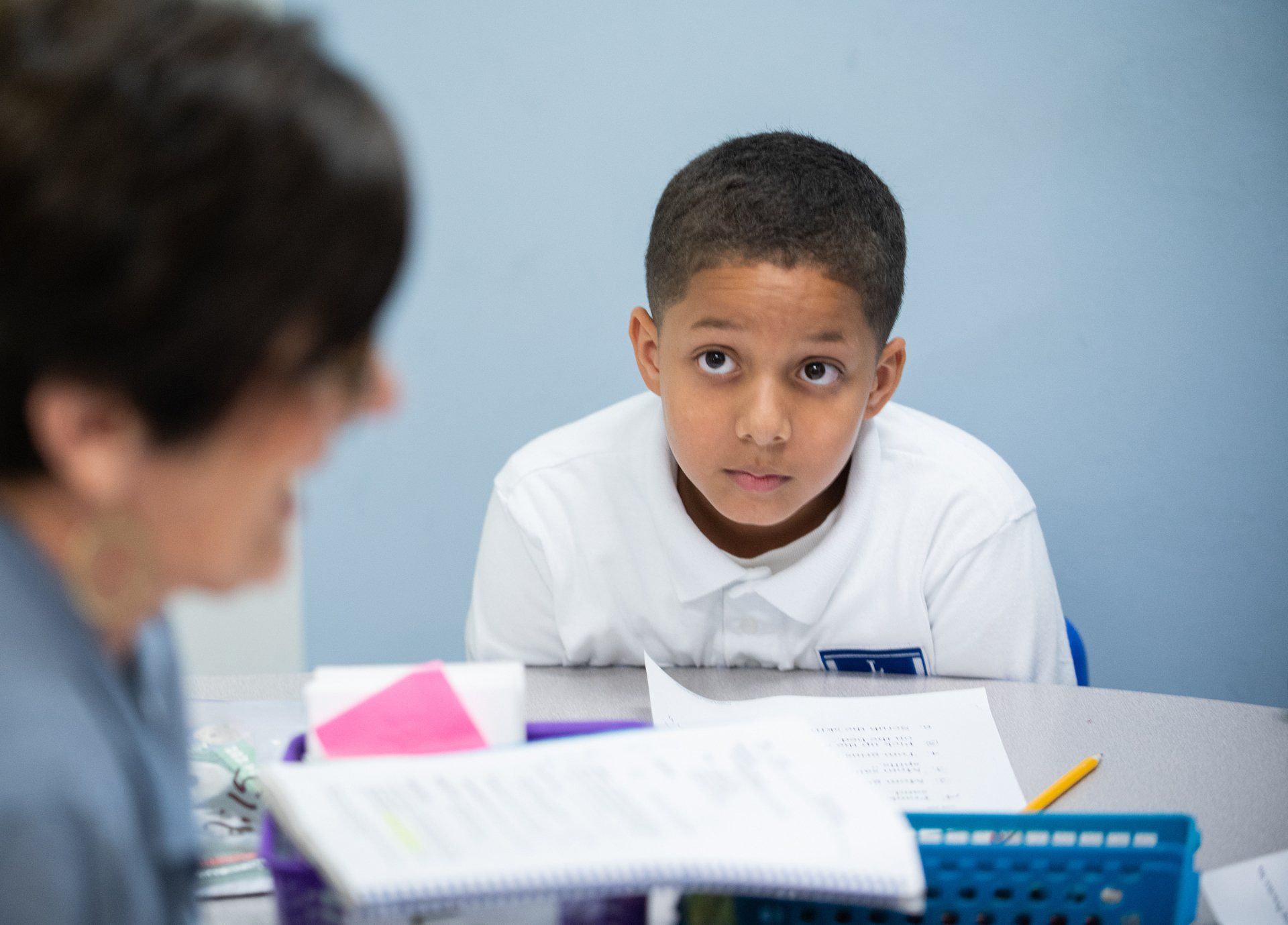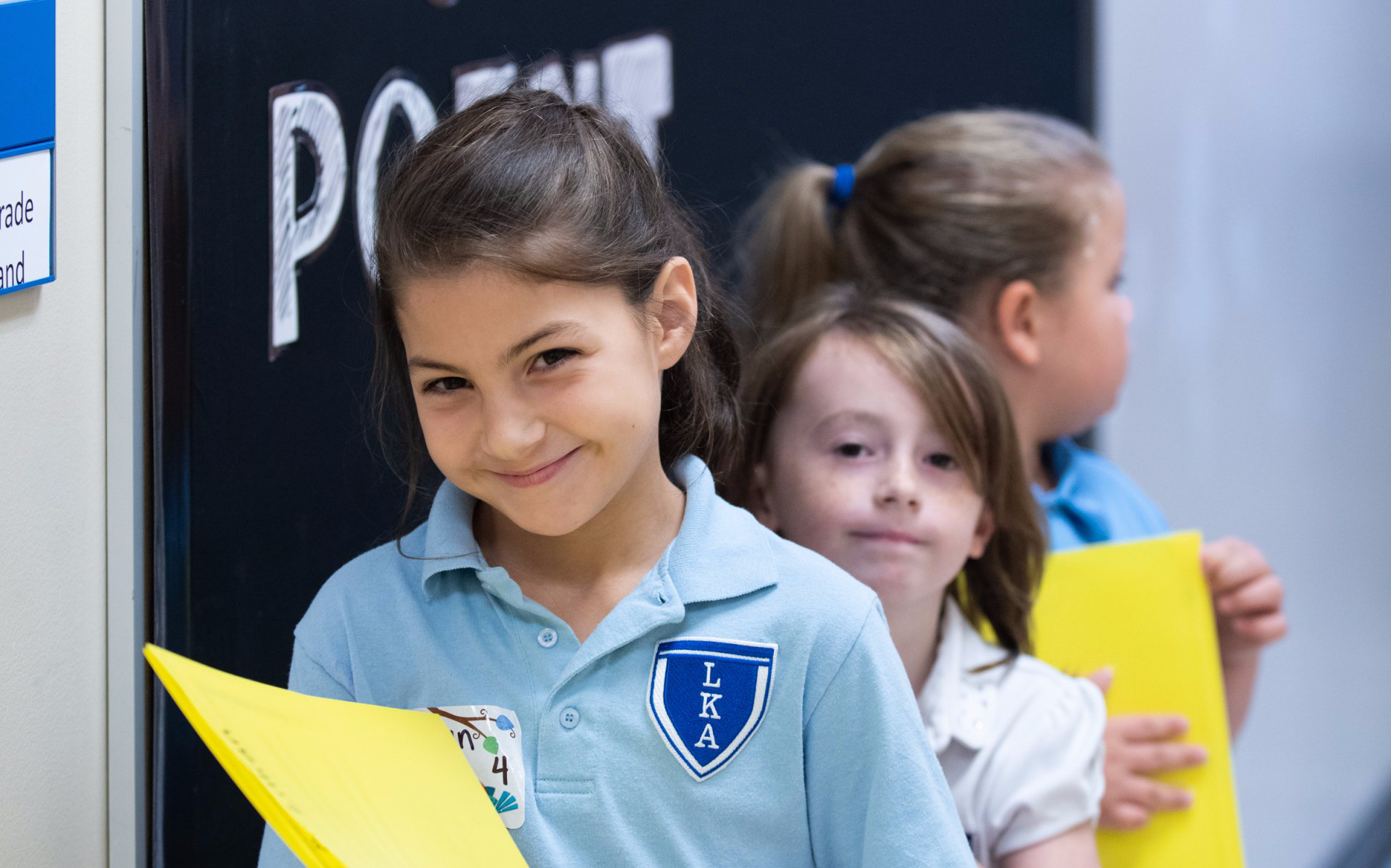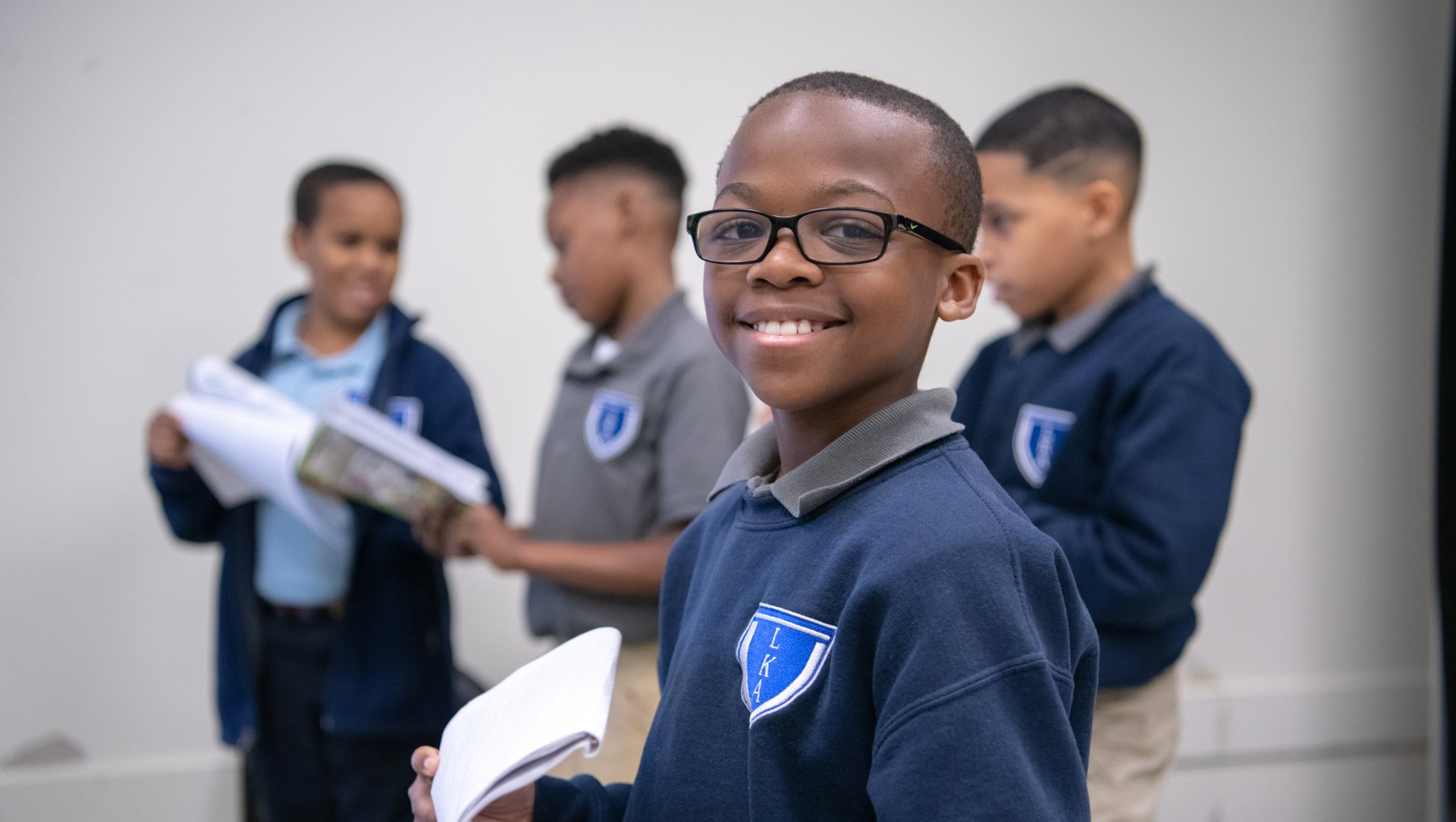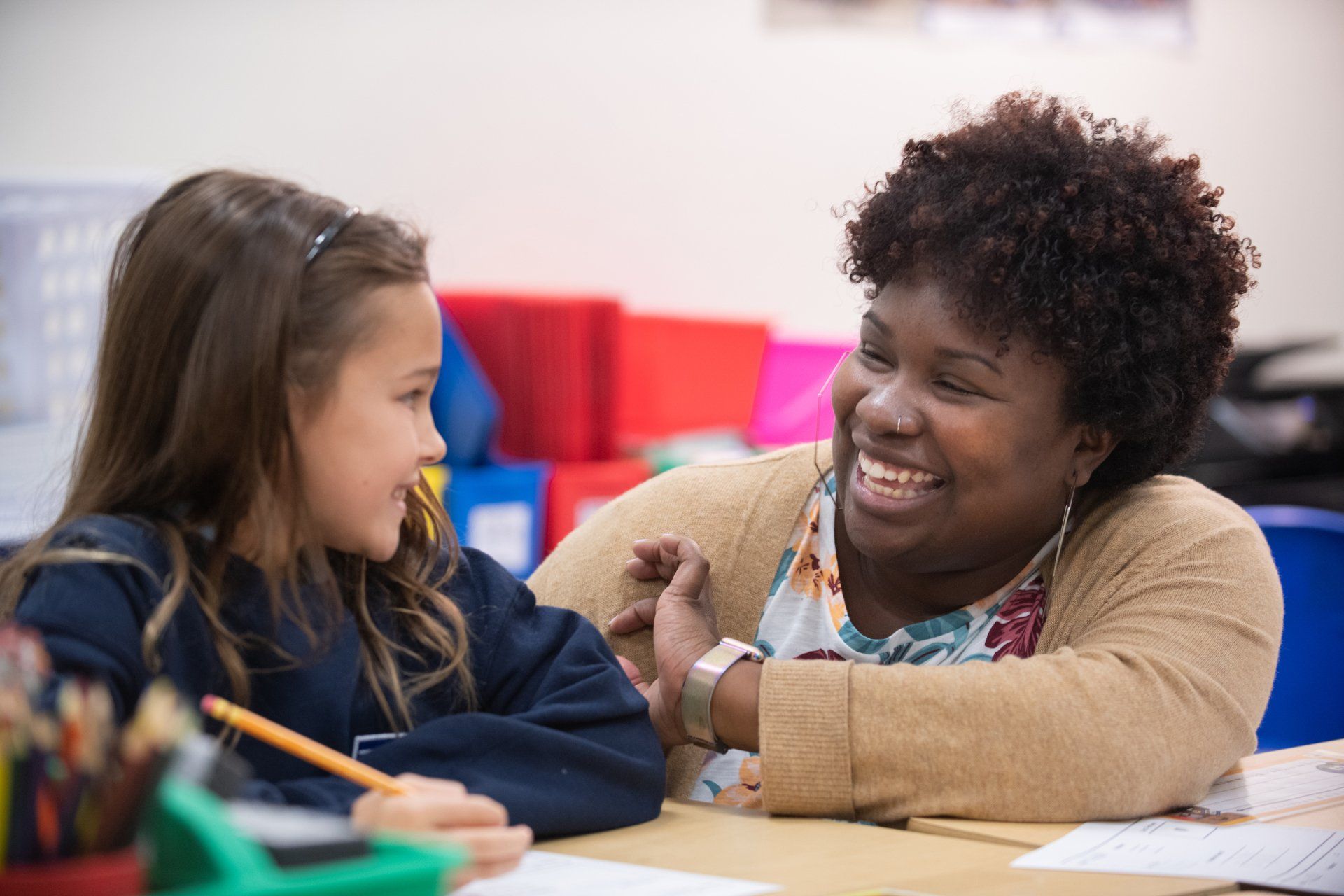What to do with your Child over the Spring Break
Encourage your children to ask: What, When, Where, Why and How?

Spring break is that, a break from school but not a break from learning. Parents can inspire their children to want to learn even when away from school. Consider these great activities for your kids and family!
Send your Child Outside
Nature is full of creation and science. Tailor the goals with your location and age of the child. They are naturally curious.
For young children visit a nearby pond or lake. There are mommy ducks with their babies. Discuss habitat. Consider visiting the Bluebonnet Swamp, LSU Lakes, or take a longer trip to Lake Fausse Pointe State Park in New Iberia! Butterfly gardens are also a great place to visit.
Make this an opportunity for rich discussion. Discuss:
·What flowers attract butterflies?
·What colors, textures, and shapes are the flowers?
·Pick a flower, dissect and investigate.
·Along with pollen comes secondary effects on our eyes and sinuses.
If a trip is not within reason, hang out in your back yard or at a local park. Older children should get outside and exercise. Enjoy a walk or bike ride.
Visit Museums
Make a habit of visiting museums no matter the age!
Baton Rouge Museums
· Louisiana Art and Science Museum
· Southern University Museum of Art
· Knock Knock Children’s Museum
· USS Kidd Veterans Memorial and Museum
New Orleans and Other Locations
· Louisiana Sports Hall of Fame
Be Amazed with Science!
Visit LIGO or the Highland Road Observatory ! Load the sky gazer app and go out at night. Talk about the Greek or Roman gods named in the sky.
Enjoy Math…Make it an Edible Experience
Cook and eat together! Cooking is a great way to learn fractions. Try these great recipes or celebrate a place and cook their local cuisine. Dress up!
· Pancakes
Critical Thinking
Watch a documentary about a particular timeframe, nature, or science. Look at a map or globe for reference. Maybe buy a big map for your wall!
Current Events
Talk about current events and build content knowledge and vocabulary. The tragedy of the Notre Dame fire, Charlemagne, Passover, Easter, Measles vaccine and possible epidemics are all current events and topics of interest.
READ
Buy a new book on your child’s favorite topic. Let your child read silently and aloud. Listen and discuss. Check out these recommended spring reads from LKA
Have Fun!
